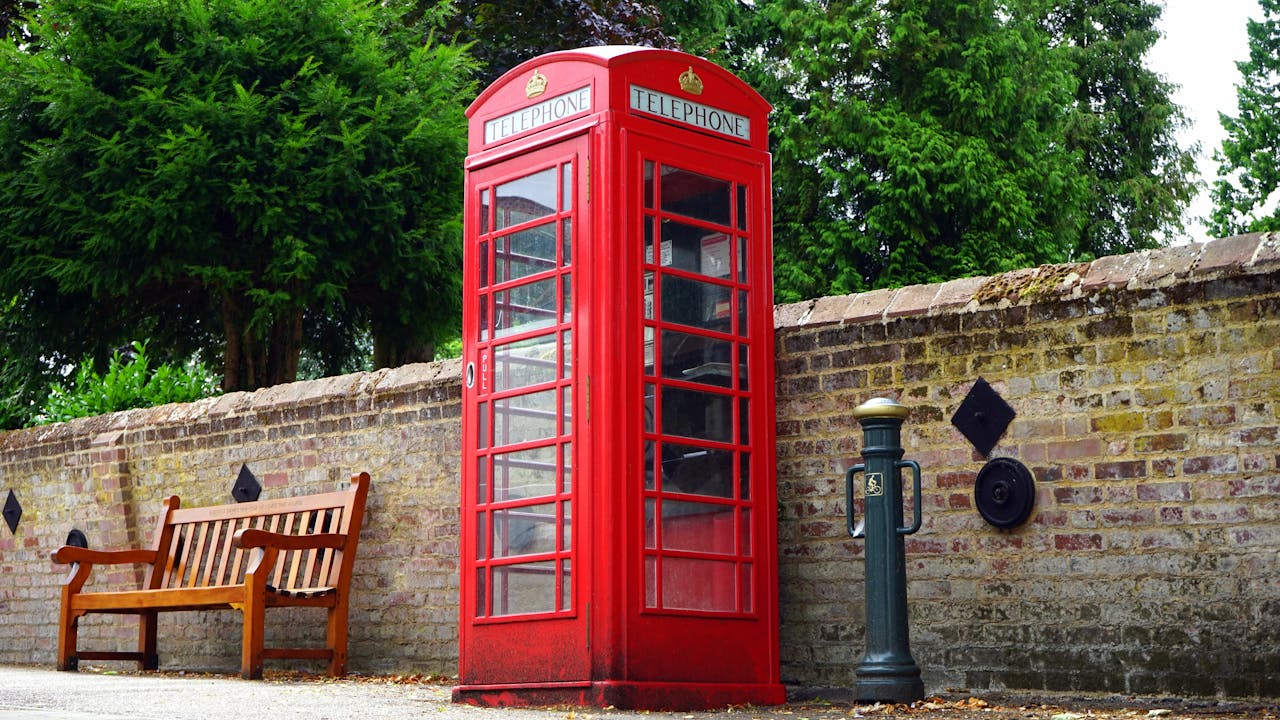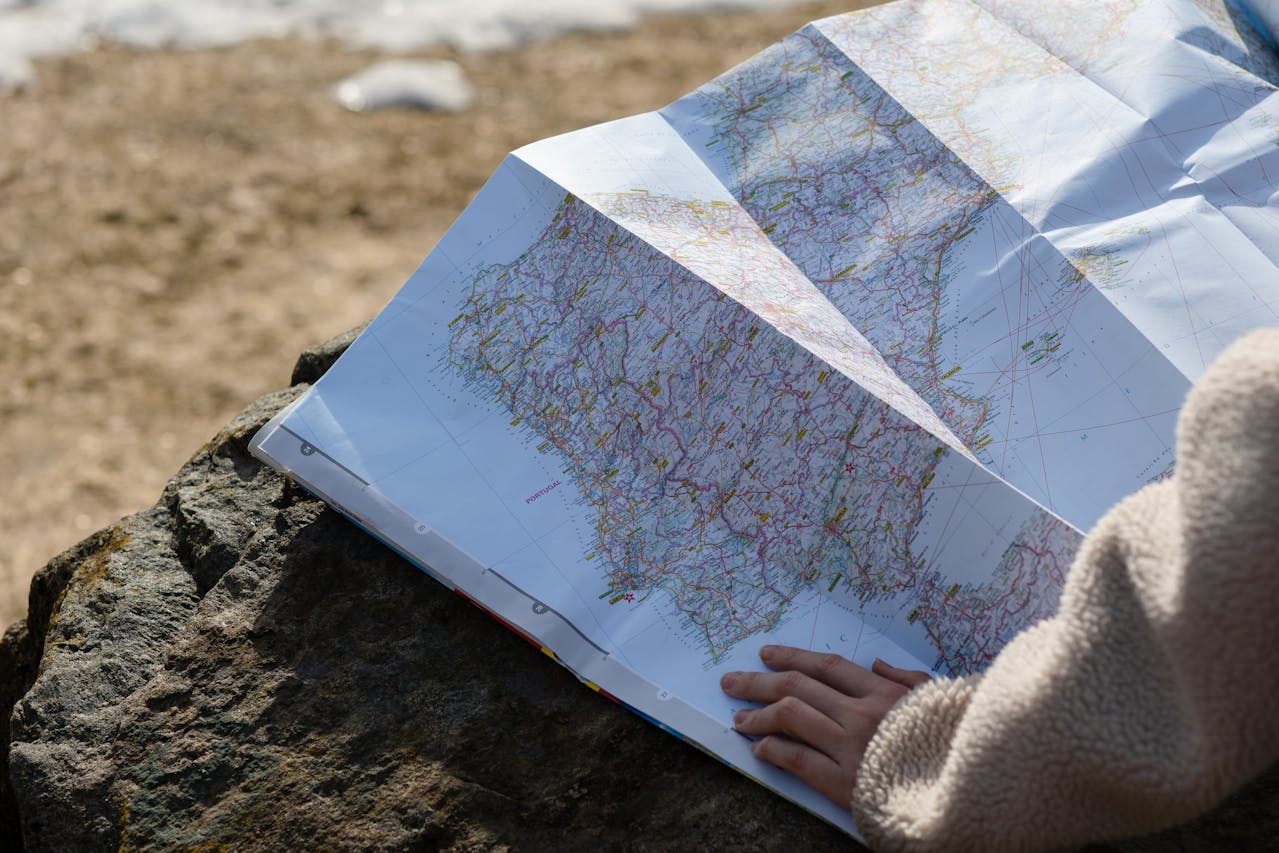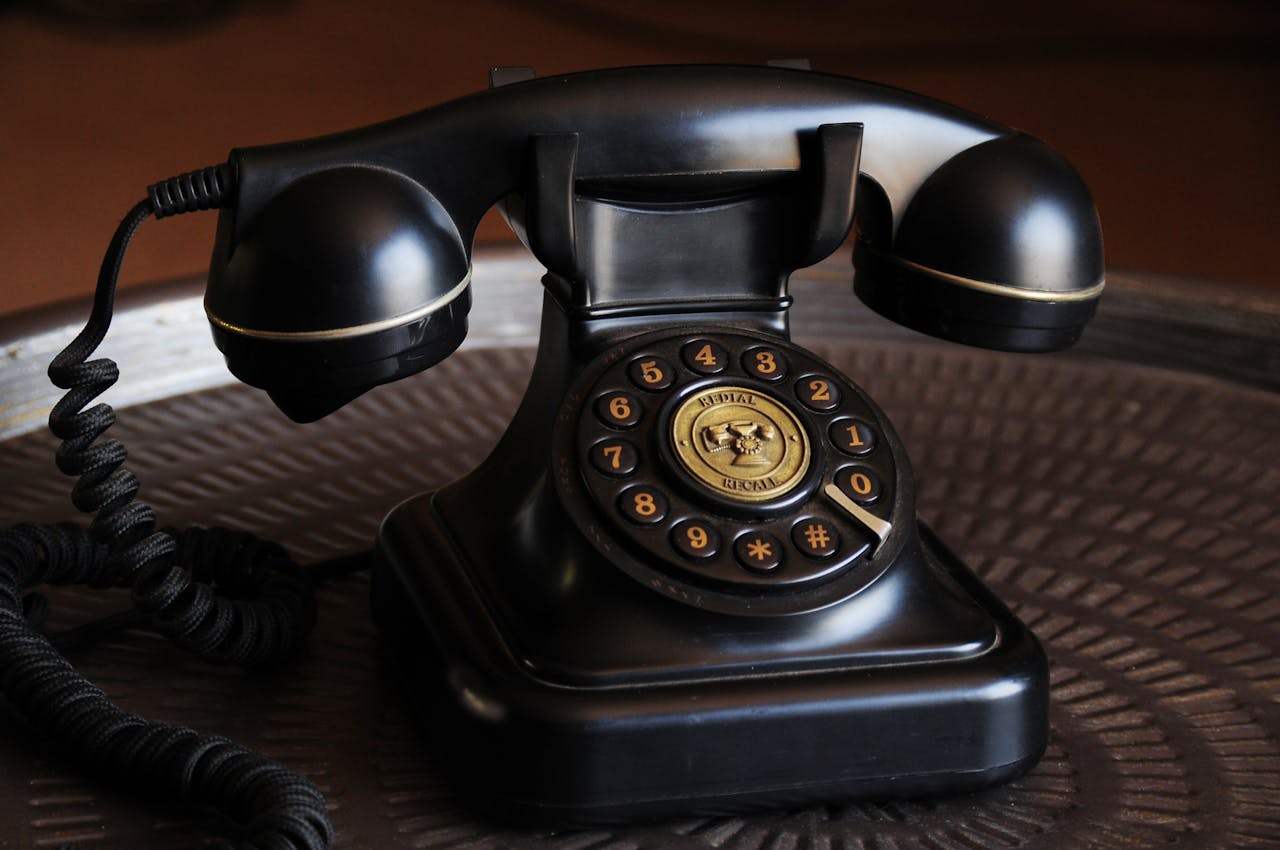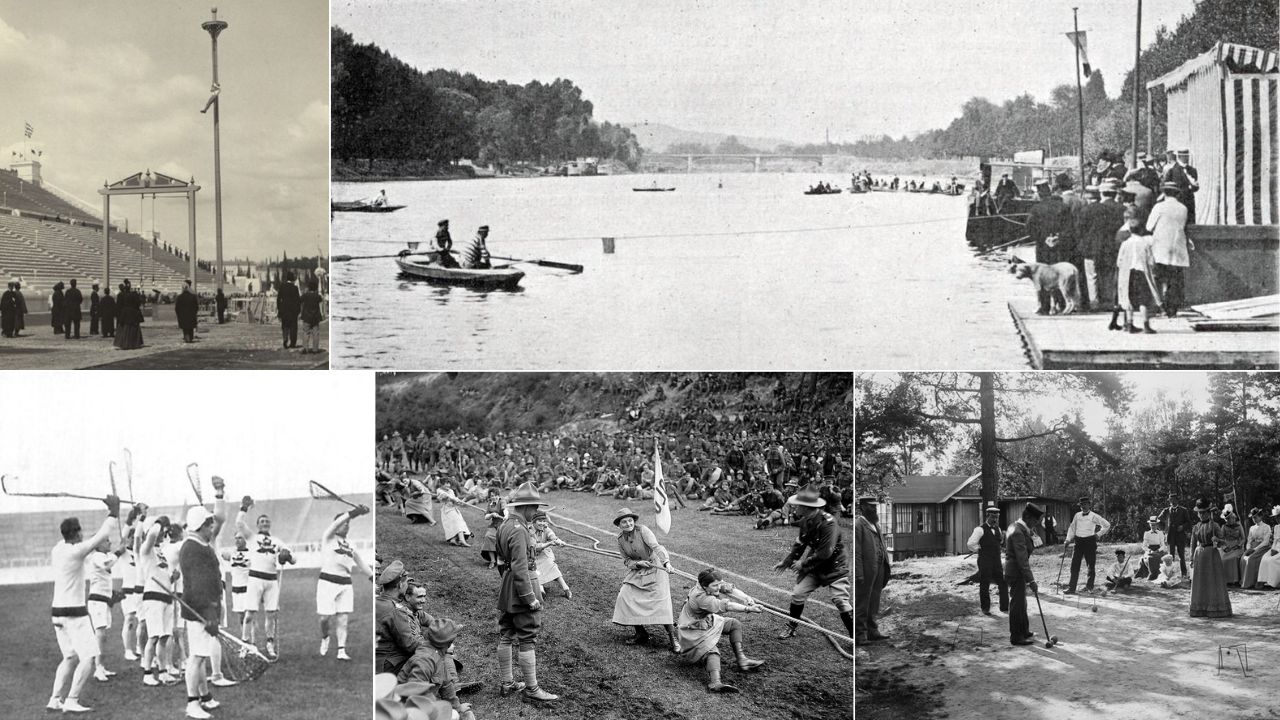Drop any modern teen into the 1980s and life would feel like a social experiment in patience. Communication moved through landlines, entertainment followed strict schedules, and boredom had real weight. Every plan relied on memory, trust, and a bit of luck. Technology helped but did not cushion every mistake. Those who grew up then remember both the hassles and the freedom. For younger generations raised on instant access, even seven days in that unplugged world would feel brutally long.
Living Without Smartphones Or Wi Fi

In the 1980s, connection lived on one wall phone in the busiest room of the house. A long coiled cord twisted around ankles while parents listened in from the next chair. Plans were made once, then trusted to memory. Getting lost meant asking strangers or reading a map, not checking a glowing screen. Younger generations, accustomed to private chats, typing bubbles, and constant alerts, would feel exposed and oddly lonely in that quieter, slower stream of information.
Waiting A Week For A Single Episode

Television loyalty meant building a routine around one weekly time slot. Families sat down together, snacks ready, hoping no one called or rang the doorbell at the wrong moment. If a battery in the remote died or the power blinked, that episode was gone until some distant rerun. There were no clips, no recaps, and no spoilers to catch up later. For younger generations used to full seasons ready on release day, that kind of waiting would feel like torture.
Getting Up To Change The Channel

Most televisions offered a small cluster of channels reached by a chunky dial. Someone had to stand up, walk over, twist the knob, and stand there while everyone yelled instructions. When the picture rolled or turned snowy, a sibling might adjust the antenna or gently smack the side of the set. It was part ritual, part guesswork. For anyone raised on sleek remotes and flawless streaming, having to physically manage the hardware every hour would get old in a hurry.
Wrestling With 80s Fashion Choices

Daily outfits in the 1980s often meant layers of synthetic fabrics, stiff acid washed denim, and shoes that squeaked. Hair reached new heights with aerosol clouds that clung to mirrors and lungs. Jewelry tangled, bangles clacked, and elastic waistbands sometimes snapped at the worst moment. Photos looked fun and larger than life, but the actual experience could be scratchy and hot. Younger generations might enjoy the retro look for a themed party, but a full week would test their patience.
Riding In Cars Without Modern Safety Tech

Cars rolled off the driveway with bench seats, loose belts, and dashboards that rattled on every pothole. Climate control battled sticky vinyl and summer heat, while windows cranked down by hand. Reversing into a tight parking spot meant twisting around, not glancing at a screen. Parents drove with maps on laps and kids sliding across the back seat. For younger generations used to warning beeps, cameras, and smooth interiors, every errand would feel like a small, noisy adventure in risk management.
Hunting For A Working Pay Phone

Reaching someone on the go meant scanning sidewalks, bus stations, and gas stations for a scratched metal pay phone. Even when one appeared, it might be jammed, broken, or stuffed with forgotten coins. Calls relied on pockets of loose change and a clear memory of the number. Background noise from traffic and strangers added more pressure. Younger generations who start to worry at low battery percentages would feel genuine panic watching time, coins, and opportunity drain away during a single short call.
Crafting Mixtapes In Real Time

A perfect mixtape started with a blank cassette and hours of hovering near a radio. Fingers hovered over the record button, waiting for a favorite song and hoping the announcer stayed quiet over the intro. One late tap meant a ruined transition. Rewinding, queuing, and layering songs became a careful craft. Sharing that tape felt like offering a small piece of personality. Modern listeners who build playlists in seconds would be stunned by the patience required to create just one decent mix.
Navigating With Giant Paper Maps

Road trips opened with a rustling map that unfolded across the car hood like a fabric. Tiny lines and symbols demanded focus while wind tried to flip the whole thing closed. Directions were scribbled in the margins or passed from passenger to driver in short bursts. A missed exit meant leaving the highway, turning around, and hoping for better luck. Younger generations raised on blue dots and smooth rerouting would be exhausted by the constant need to read, interpret, and decide on the move.
Long Road Trips Fueled By Boredom

Hours on the highway stretched out with little more than radio stations fading in and out of static. Kids played word games, counted cows, and argued over who crossed an imaginary line on the seat first. Sometimes the only entertainment was watching landscapes change and wondering how much farther there was to go. Snacks ran out, tempers flared, and then everything settled into a quiet daze. For younger generations used to endless on demand entertainment, that kind of stillness would feel punishing.
Clattering Around In Metal Roller Skates

Skating around the neighborhood often meant fastening metal frames directly onto sneakers with a small key. Every uneven sidewalk panel felt like a possible disaster. Wheels rattled, straps slipped, and brakes were more suggestion than guarantee. Kids learned to fall hard, laugh it off, and try one more lap before sunset. Scraped knees and bruised elbows marked progress. Modern skaters, used to smooth indoor floors and supportive inline designs, would find a week on clattering metal wheels rough on both nerves and skin.
Memorizing Phone Numbers Like Important Facts

Back then, the brain acted as the main contact list. Kids carried strings of digits for friends, relatives, and emergency contacts in their heads, repeating them during walks or bus rides. Writing a number on a notebook cover gave it extra protection but not certainty. Losing that notebook meant losing a connection. Remembering correctly at the right moment felt like a small victory. Younger generations who rely on saved contacts for everything would quickly feel how heavy that mental list could become.


